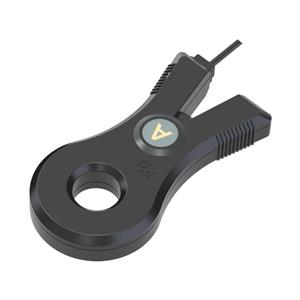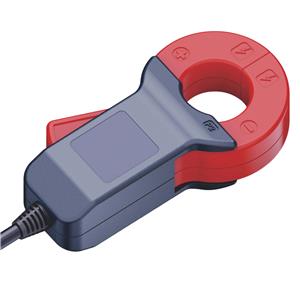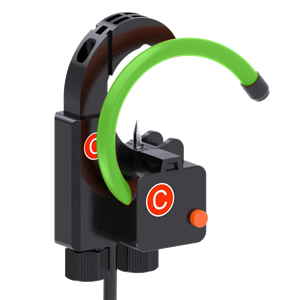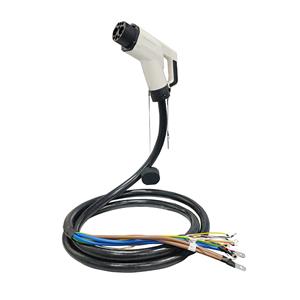Hall Effect Current Sensor: Revolutionizing Current Measurement Technology
Hall effect current sensors have emerged as a groundbreaking technology in the field of electrical current measurement and monitoring. Built upon the principles of the Hall effect, these sensors provide accurate and reliable measurements of electric currents in various applications. In this article, we will explore the technical aspects of Hall effect current sensors, their working principles, benefits, and the latest advancements that have propelled their widespread adoption.
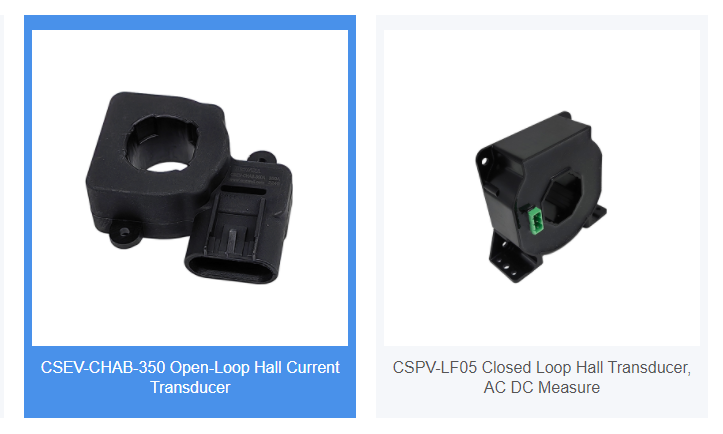
Working Principles of Hall Effect Current Sensors:
Hall effect current sensors utilize the Hall effect phenomenon discovered by physicist Edwin Hall. When an electric current flows through a conductor placed in a magnetic field perpendicular to the current direction, an electric potential difference is generated across the conductor, which is orthogonal to both the current and the magnetic field. This phenomenon, known as the Hall voltage, is directly proportional to the magnitude of the current flowing through the conductor. Hall effect current sensors leverage this concept to measure current with exceptional accuracy and precision.
Benefits of Hall Effect Current Sensors:
1. Non-Intrusive and Isolated Measurement: Hall effect current sensors offer a non-intrusive method of measuring current without the need for physical contact with the conductor. This feature ensures galvanic isolation between the measured current and the sensing circuitry, enhancing safety and eliminating the risk of electrical interference.
2. Wide Dynamic Range and High Accuracy: Hall effect current sensors can handle a wide range of current levels, from low milliamperes to thousands of amperes, while maintaining high accuracy. This versatility makes them suitable for diverse applications, including power electronics, renewable energy systems, electric vehicles, and industrial automation.
3. Fast Response and High Bandwidth: Hall effect current sensors provide fast response times and high bandwidth capabilities, enabling real-time monitoring of rapidly changing currents. This feature is particularly crucial in applications requiring precise control and protection against abnormal operating conditions.
4. Compact Size and Easy Installation: Hall effect current sensors are available in compact form factors, allowing for easy integration into space-constrained environments. Their simple installation process reduces downtime during system upgrades or retrofits.
Advancements in Hall Effect Current Sensor Technology:
Continuous advancements in Hall effect current sensor technology have expanded their capabilities and reliability. Integrated signal conditioning electronics in modern sensors improve signal integrity and noise immunity, enabling more accurate measurements, even in noisy electrical environments. Furthermore, the development of closed-loop Hall effect current sensors enhances linearity, reduces temperature dependencies, and expands measurement range, facilitating highly precise current monitoring across a wide spectrum of applications.
SEO Keywords:
- Hall effect current sensor
- Accurate current measurement technology
- Galvanic isolation in current sensing
- High bandwidth current monitoring
To explore more about Hall effect current sensors and their applications, please visit [hall effect current sensor]

